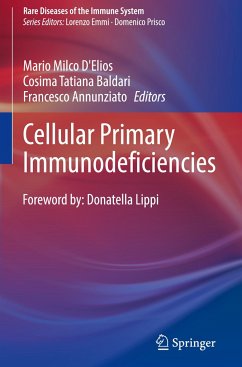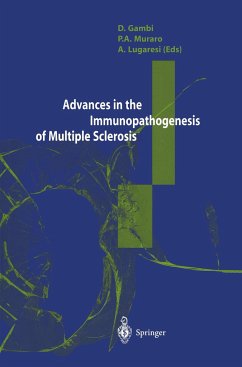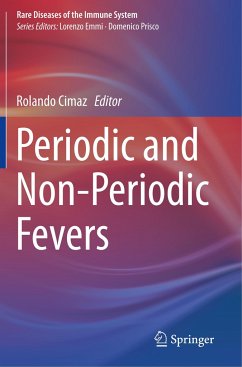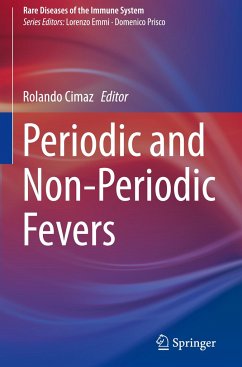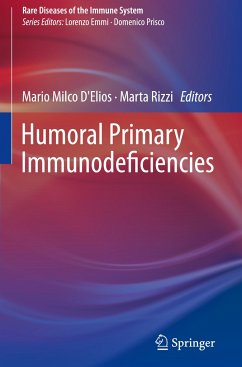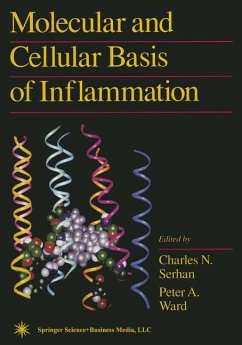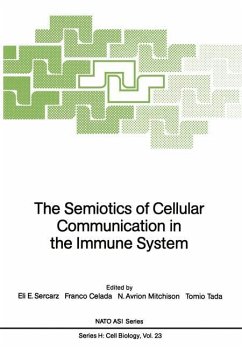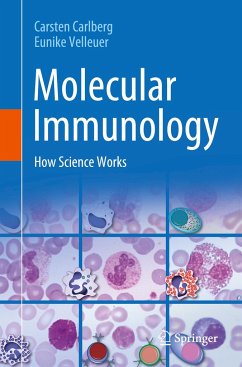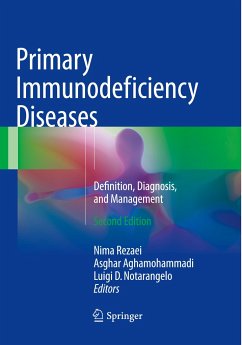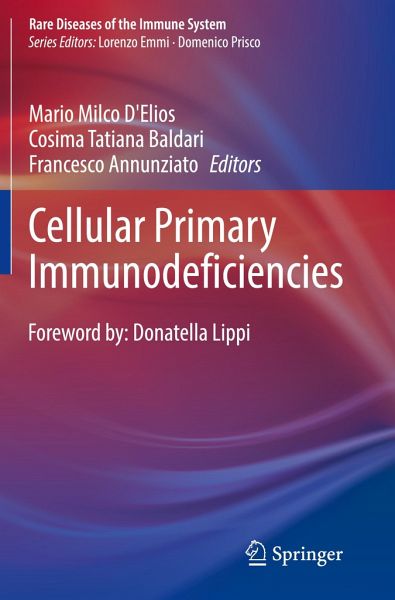
Cellular Primary Immunodeficiencies
Versandkostenfrei!
Versandfertig in 1-2 Wochen
116,99 €
inkl. MwSt.

PAYBACK Punkte
58 °P sammeln!
This volume of the series Rare Diseases of the Immune System presents detailed state of the art knowledge on the cellular primary immunodeficiencies; it includes extensive coverage of both basic science discoveries and the latest clinical advances in the field. The book is structured in accordance with the most recent classification of PIDs and also covers updates on the T cell immunological synapse. Readers will find comprehensive, in-depth descriptions of novel cellular PID genes and related clinical applications, mucosal T cells, and the various clinical phenotypes of cellular PIDs. Cellula...
This volume of the series Rare Diseases of the Immune System presents detailed state of the art knowledge on the cellular primary immunodeficiencies; it includes extensive coverage of both basic science discoveries and the latest clinical advances in the field. The book is structured in accordance with the most recent classification of PIDs and also covers updates on the T cell immunological synapse. Readers will find comprehensive, in-depth descriptions of novel cellular PID genes and related clinical applications, mucosal T cells, and the various clinical phenotypes of cellular PIDs. Cellular Primary Immunodeficiencies will be of high value for immunologists, pediatricians, rheumatologists, oncologists, internists, and infectious disease specialists and will also be informative for MD, Master and PhD students.



